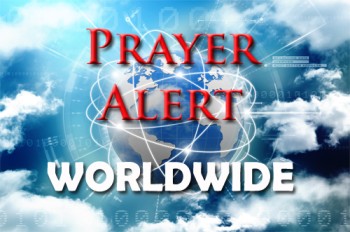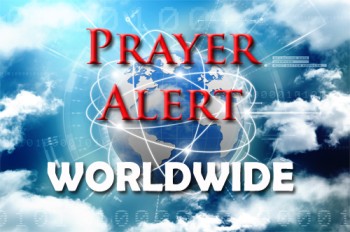Displaying items by tag: health emergency
Global health emergency: monkeypox
WHO has declared monkeypox a global health emergency. The first case was in a child in 1970. Since then, outbreaks were small and traceable to an individual returning from a country with monkeypox. But the current outbreak is different, with sustained person-to-person transmission of infection. By 22 July there were 16,593 confirmed infections in 68 countries (none having had monkeypox before). Most infections are in Europe. The majority of infections are in men who have sex with men, especially those with multiple partners. There are concerns of under-reporting of cases in some countries. On 28 July the US federal government allocated 786,000 vaccine doses to local authorities after the Food and Drug Administration cleared them for use by people aged 18 and older who are at high risk. See There is limited supply of the two-dose Jynneos vaccine, and infections could become endemic or be introduced into at-risk groups such as children, the elderly, and pregnant women.
India: Zika outbreak in Uttar Pradesh
As of 9 November there were 89 new cases of the Zika virus in the city of Kanpur, Uttar Pradesh (UP). This is the first time they have found Zika in UP. Health officials said it can quickly spread through the population of 204 million. Mosquitoes spread Zika, and it can also be sexually transmitted. There is no cure, so they must rid the area of mosquitoes quickly. Symptoms include fever, joint head and muscle pain, rash and conjunctivitis. Pregnant women who catch Zika can have babies born with severe disabilities, such as abnormally small heads or underdeveloped brains. Zika is also linked to an auto-immune disease that causes the body to attack its immunities. Pray for healthy babies to be born to women in UP. Several teams are trying to contain the spread with very aggressive contact tracing, and there are additional teams eliminating the mosquitoes’ breeding grounds.

